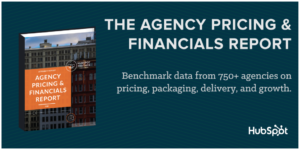Understanding Your Agency’s Value and What You Can Do to Boost that Value with Henry Corona
What is your agency worth? How do you know? What’s involved in an agency valuation? Once you understand your agency’s value, you can decide what tactics you need to take to improve that number. Staffing, technology, training, expansion and compensation. These are just a few of the elements that play a role in the valuation [...]










